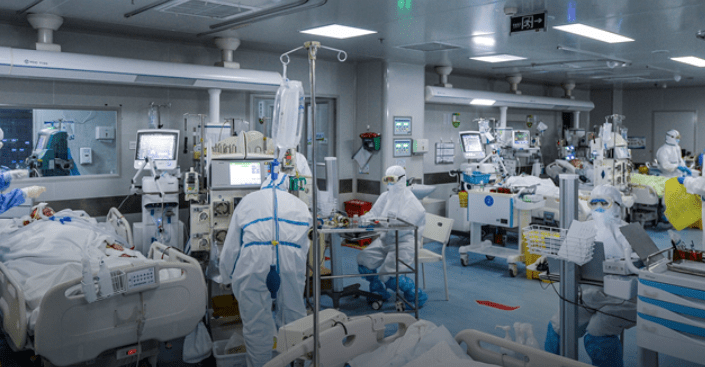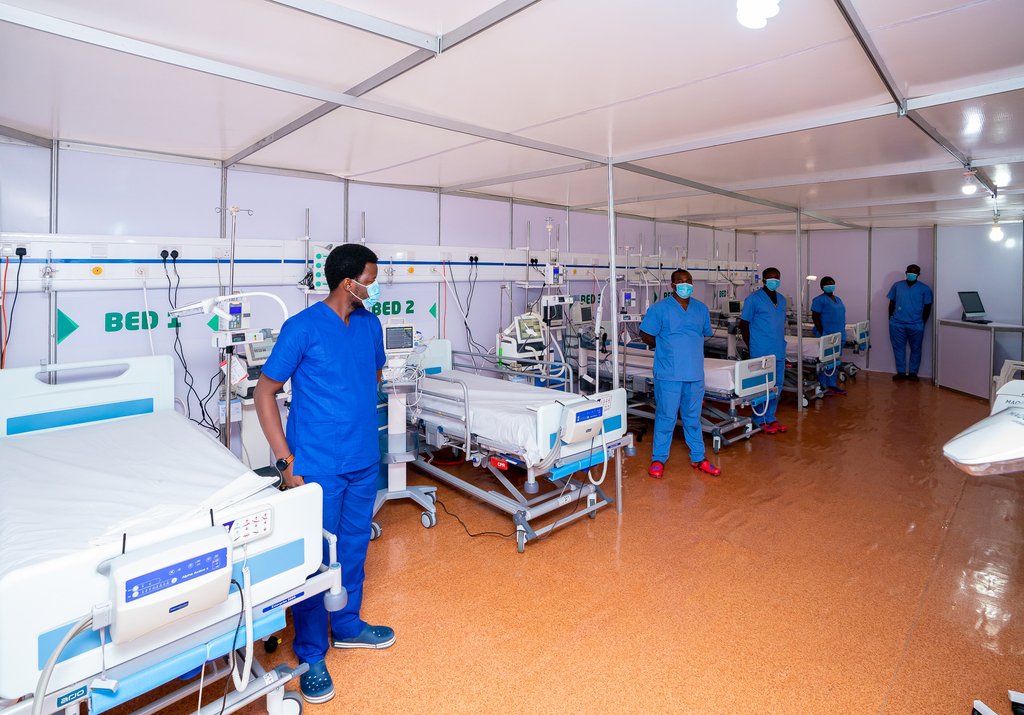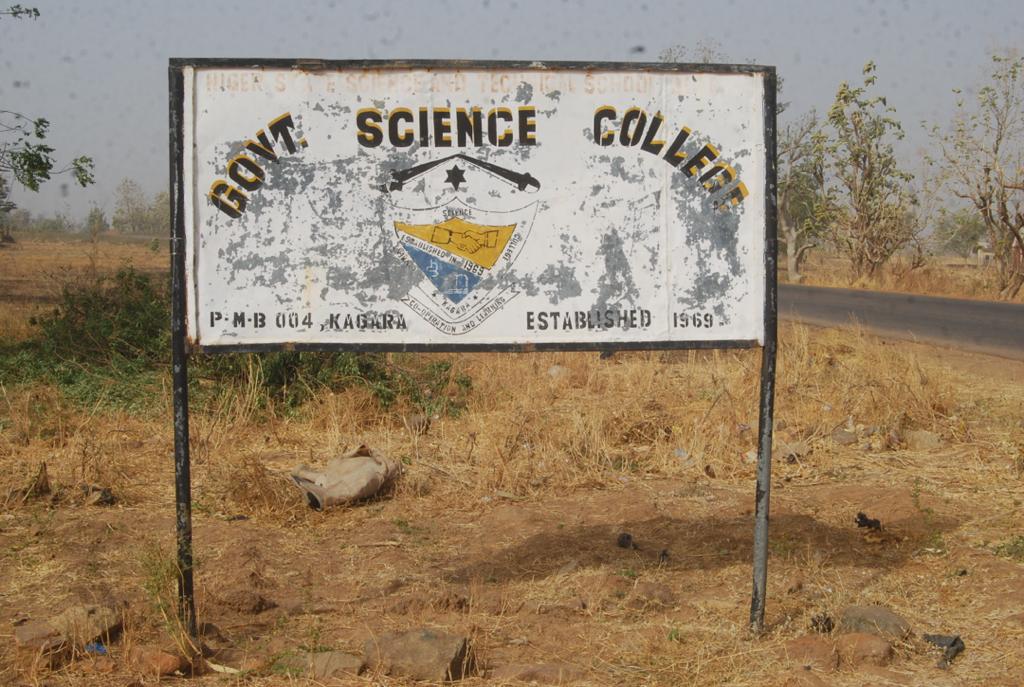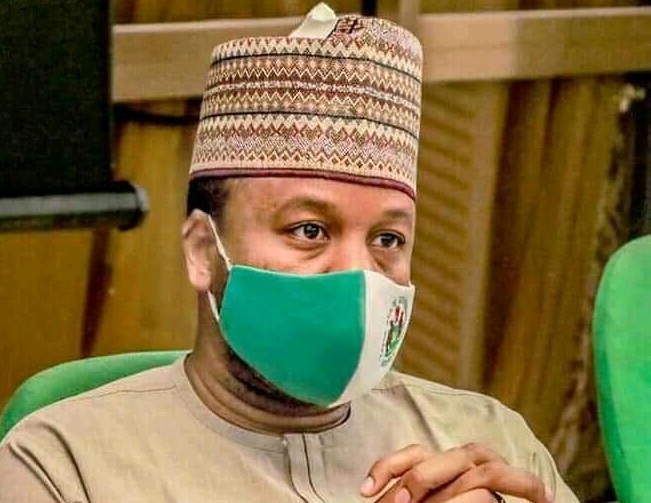When Roseline Ugonna tested positive for coronavirus in December 2020, she let out a burst of nervous laughter. She was confused and exasperated at the same time. It was her second time testing positive for the highly infectious disease.
Her first experience was six months earlier. The 22-year-old said she first contracted COVID-19 in June 2020 and she subsequently went into isolation while taking medication.
“The first time was brutal. I couldn’t smell or taste. My blood pressure was fluctuating. I could barely move without stopping for breath. I struggled with recalling words or memories,” she recounted.
After recovering a month later, Roseline felt relieved. She hoped that in a world battling a pandemic, kindness would be in endless supply. She expected her neighbours to show empathy but that was not the case.
Advertisement
“I went outside for a walk and a couple of neighbours said they hadn’t been seeing me. I told them I had COVID and they started avoiding me,” she said.
Roseline believed she had developed antibodies to protect her from reinfection. But that was not to be. Her second experience started with nosebleeds, cough and extreme fatigue. This prompted her to get tested again just to rule out the possibility. Alas! Her test returned positive for the second time.
As expected, she went through the same process of being isolated and taking medications. Weeks later, she tested negative.
Advertisement
Roseline who lives in Abuja told TheCable that as a result of her experience, she only leaves her home when it is absolutely necessary, armed with a face mask and a sanitiser.
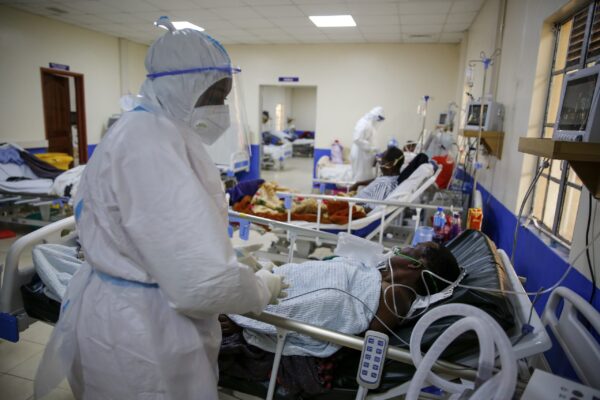
‘I HAVE PAINS DURING SEX’
After Segun Ayodeji, a Lagos-based civil servant, came in close contact with someone who had COVID-19 in his workplace, he was asked to stay at home.
Before the expiration of the two-week isolation period, he started developing symptoms like sore throat, body pain, weakness, fever, and cough. He went for a COVID-19 test which came out positive.
Advertisement
Describing the illness as “chronic malaria”, the 45- year-old Ayodeji lamented that his health is still not back to the way it was before the virus struck.
“I still have a cough, though not a persistent one,” he said.
For Ayodeji, the once-pleasurable and eagerly anticipated act of sexual intercourse is now something he dreads.
“My sex life has been affected, I notice the body pains started when I had sex with my wife. So, I am running away from sex now, ” he told TheCable.
Advertisement
LONG ROAD TO RECOVERY
The birth of a child is a cause for joy, delight and merriment. Hence, Lade Adegoke, a 25-year-old Abuja resident, alongside her family visited their neighbours to congratulate them on the arrival of their newborn during the lockdown. A few days later, she found out that her neighbours had tested positive for coronavirus.
Advertisement
Shortly after, she began experiencing sore throat, purging, and body pain. Describing her ordeal, Lade said it felt like she “carried the whole weight of the world”. Lade, including five members of her family, got tested and the results came out positive.
“Some people were asymptomatic. Some people’s own grew bad so they had to be taken to the isolation centre. The minute you start having difficulty breathing, you will be taken to the isolation centre,” she said.
Advertisement
For Lade, it was a long road to recovery. She struggled with the symptoms for months, despite testing negative twice.
“I was asked to do a full-body scan to check my heart and the rest. Everything was fine but I was constantly always tired. I couldn’t do a lot of things at once. But now it’s back to normal, ” she added.
Advertisement
To Nigerians who continue to doubt the existence of the virus in the country, “I don’t have words for them because if you still believe it’s a fallacy, then something is wrong with you, ” Lade said.
Life after COVID for Lade involves staying away from crowded spaces, regular exercise, and sleeping on her side because it “helps the lungs”.
‘I NEEDED TO PROTECT EVERYONE AROUND ME’
Seun Akioye, a journalist and communication specialist, was mandated to get tested for COVID-19 before returning to work in January.
He isolated himself from the very day he went for the test because he wanted to ensure the safety of everyone around him.
“I needed to protect myself and everyone around me. The result came back in seven days and it was positive,” he said.
“I am in that age bracket where the virus is much stronger. I felt a sort of fear crept into me. I was afraid that should this turn out the other way, what would happen to my family, my children who are still very young?”
Akioye survived the storm and has continued to live a normal life.
He urged Nigerians to be considerate of persons with underlying health conditions by masking up and remaining cautious at all times.
“You may have the immunity to weather the storm. What about other people? What about the aged and people with underlying illnesses that may not be as lucky as you? You could actually be the cause of their deaths, ” he warned.
100-YEAR-OLD GRANDMA SCALES THROUGH
There are many inspirational stories about young people who survive COVID-19 but not much is heard about the elderly who beat the virus.
Janet Olubode says her family feared the worst when her 100-year-old grandmother tested positive for COVID-19.
But against all odds, the centenarian won the war against the disease — despite not using “anything”.
“We just thought there was no way she could be sick. Her caregiver had tested negative. Just as a precautionary measure, we tested her and it turned out that she was positive. We were all scared because she is 100 years old. The prognosis for people that are older is really bad. We hoped this wouldn’t be the end,” she recounted.
“All she had was a slight fever. She didn’t use anything. You know how elderly people can be with drugs. After a while we tested her, her result came out negative.”
Editor’s note: The names of some survivors in this report were changed to protect their identities.
